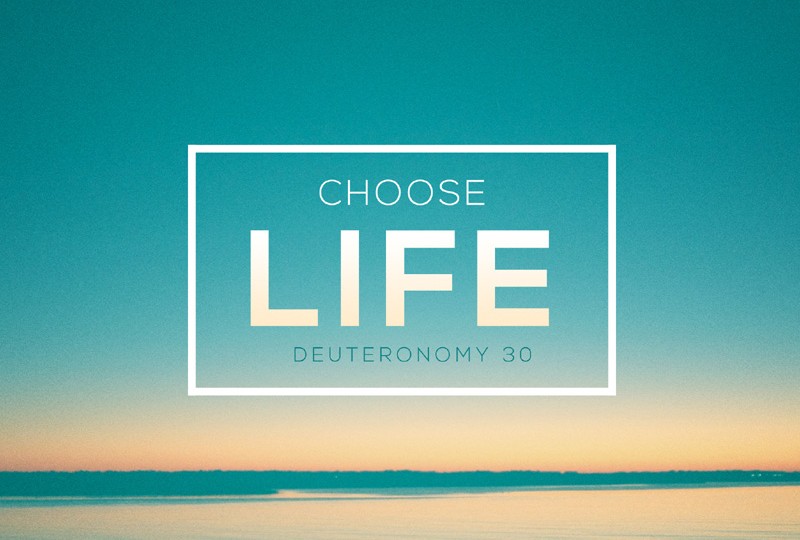
25 Nov Life is Precious
I have to say that I was very surprised to see the strong response to my last column. Clearly I offended Steve Oakey with some of my statements on the topic of suicide. I like Steve, and agree that there is great value in public debate of important topics. And no topic could be more important than the sanctity of human life.
But I very much regret that Steve misunderstood me to suggest that his comments somehow related to or caused the tragic suicide of a teen boy.
I began my comments last week by pointing out the irony of Mr. Oakey’s letter to the editor in support of legalizing doctor-assisted suicide being published the same day as the article about Mrs. Anderson’s efforts to help avoid suicide. But in no way do I believe that Steve or his views expressed are in any way responsible for those events.
Harold B. Lee, past President of the Church of Jesus Christ of Latter-day Saints, once stated that it is not adequate to communicate clearly enough to be understood; we must communicate so clearly that we cannot be mis-understood. Please bear with me while I attempt to do just that.
Life is sacred. Your life, my life, the lives of those we love and those we don’t know. These bodies are sacred (holy), created for the purpose of giving our spirits opportunities to experience great things, even participating in creating bodies and offering life to others.
I have some fairly radical views about human life.
For starters, I don’t believe that I really own my body. I do have stewardship over it—like when a good friend lets you borrow a valued possession for some time—but I cannot say that this body is exclusively mine to do with it as I will.
I didn’t create this body. (If I had it certainly would have been taller and looked more like Tom Selleck). And yet I now this life is in my hands I must choose how I use it, and to what lengths I go to protect this life. I am certainly not the only impacted by how I use it or preserve it.
Last week I expressed my admiration for a grandfather who chose to sustain his life when others might have chosen to “go quietly into the night”. That is not to say that we all have to go to great lengths to artificially sustain life as long as possible. But if I willfully end this life—intentionally destroy this body—it would be the height of ingratitude for what I have been given.
It is becoming increasingly popular to idealize or romanticize easier suicide. Remember Dr. Kevorkian, who abused his talents for saving life to end them? He and others argued that quality of life would improve by making it easier to end life.
Legalizing doctor-assisted suicide is somewhat akin to legalized abortion. The latter was touted as a solution or alternative to pain and suffering. But millions more innocent lives are taken as a result of that convenience. And many of those would-be parents suffer the rest of their lives for having taken those young lives due to the ease with which it was accomplished.
We might argue that those lives may not have turned out great, especially when those children were not wanted by the very persons who (usually) willfully participated in the acts that kindled those lives. But it is a lie to say those children are not wanted. In 1950 49% of unwed pregnancies resulted in adoption and 1% ended in abortion. In 2000 1% of children conceived out of wedlock in the U.S. were adopted while 49% were aborted.
A good friend of mine died two years ago this Christmas. He languished for months before dying, and told me just how angry he was that God did not let him go painlessly and conveniently as he had hoped. He asked me why it couldn’t go as he had planned. I had no profound answers. And yet I have to say that he, his family, and others learned a good deal in his final months. Each of us had to grapple with our deepest beliefs and values. We were all changed somehow in the process.
Given that this is much of what life is about, perhaps the difficult end of his life was the most important phase of it.
Life is sacred and precious. Perhaps the most difficult times of our lives are among the most valuable.
